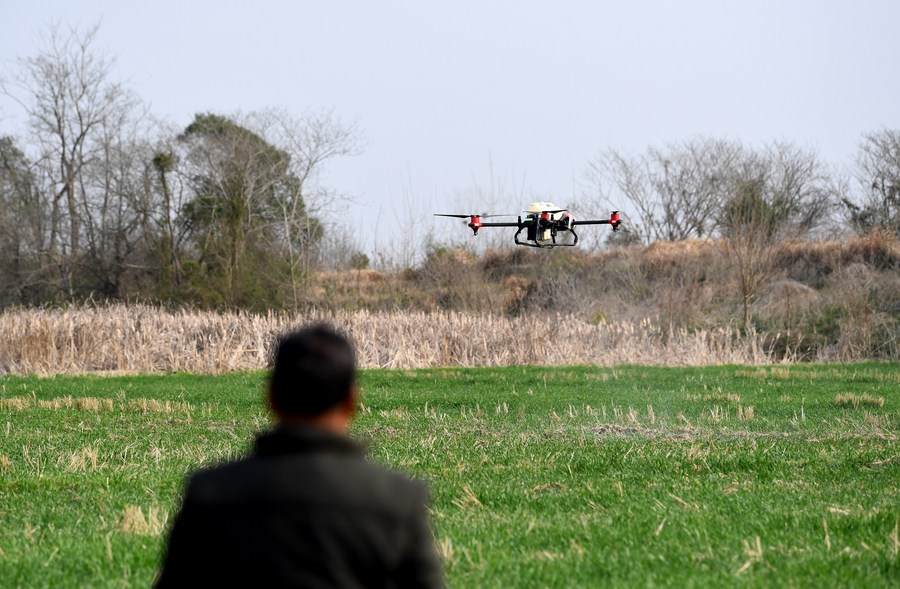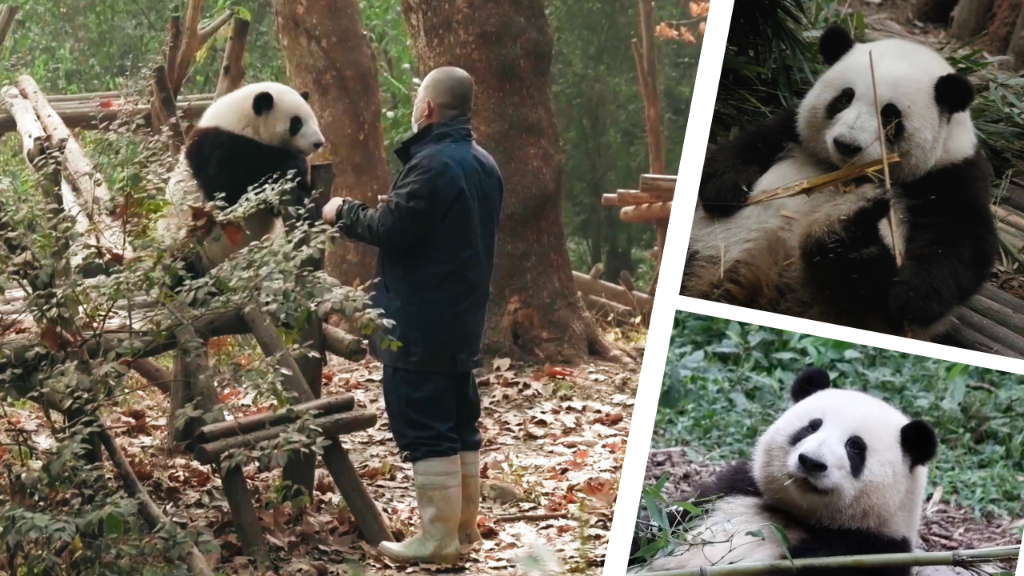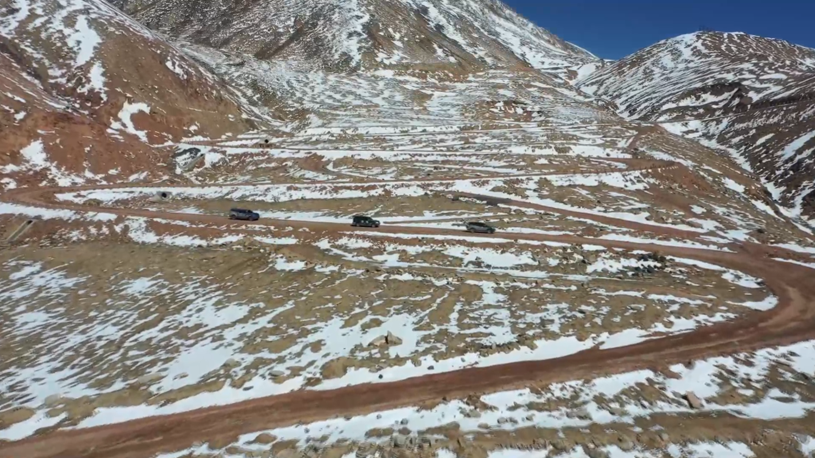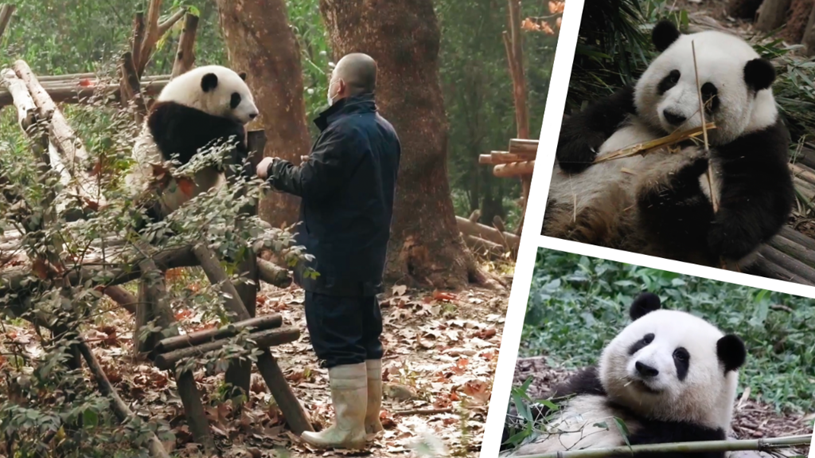
A farmer uses a drone to spray pesticide in the fields in Huagang Town, Feixi County of Hefei, east China's Anhui Province, Feb. 23, 2021. (Xinhua/Liu Junxi)
BEIJING, May 27 (Xinhua) -- In the wheat fields of Guwei Village, located in Lujiang County in east China's Anhui Province, a bustling fleet of agricultural drones can be seen spraying pesticides.
What was once a rare sight has now become commonplace in numerous rural areas across China. Among the farmers who have embraced this technological advancement is 29-year-old Yu Xiaojun, who is also a drone operator.
In April 2016, Yu founded an agricultural machinery services cooperative in partnership with his friends to provide services such as plowing, sowing, crop protection, and harvest for large-scale farms.
He explained that large-scale farming needs the support of science and technology, which motivated him to venture into this domain.
The cooperative now has over 100 sets of machinery and equipment and more than 20 staff members, serving three counties. Many young people go to Yu to acquire the skills of drone piloting.
Tech-savvy farmers like Yu are bringing new ideas and innovative technologies to boost agricultural and rural development across China.
At the Oriental migratory locust breeding base of Mengshi Group, located in Laoling City in east China's Shandong Province, one can witness swarms of locusts flying amidst a vast expanse of hundreds of plastic greenhouses.
Innovatively exploring the realm of unconventional cuisine, the Mengshi Group, under the visionary leadership of its chairman Meng Fanjia, has transformed locusts into delectable leisure snacks.
"From an overseas returnee to a new-age farmer, what changes is not just occupation and identity but also ideas," Meng said.
At present, with support from the Mengshi Group, more than 500 farmers in Laoling have engaged in the locust breeding business, significantly boosting the income of some 1,500 households.
Reflecting on her decision to return to her rural hometown after graduating from university in the city, Xue Lina confidently asserts that it is a decision she will never regret.
Together with her husband, Xue started a cooperative and established a demonstration base covering 40 hectares for the promotion of agricultural techniques. "For me, the rural area is a better place to apply my knowledge," Xue said.
The cooperative has purchased high-precision planters, drones, corn harvesters, and other equipment, providing various services including plant protection, harvesting, and disease and pest control for more than 2,667 hectares of farmland in the vicinity, Xue added.
According to Gao Xiangzhao, an expert with the National Agro-tech Extension and Service Center, the new-age farmers of China have set a good example.
By actively providing social services, they not only promote new kinds of agriculture and new technologies but also help farmers to increase production and incomes, Gao said. ■












